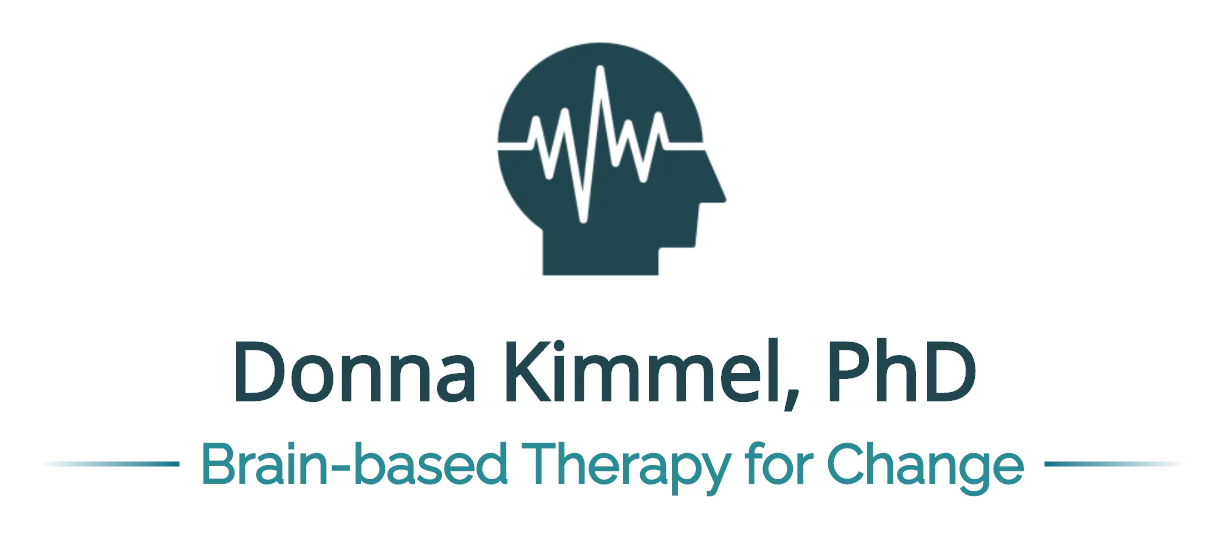ADHD Diagnosis and Treatment
There is a misconception that Attention Deficit Hyperactivity Disorder (ADHD) is a diagnosis only appropriate for children and teens. However, it is largely genetic, and according to the National Comorbidity Survey-Replication study, ADD/ADHD is one of the most common conditions in adulthood!
Adult ADHD is identified by the following frequent behaviors: distractibility, impulsivity, resistance to stopping activities when appropriate, forgetfulness, disorganization, difficultly prioritizing, interest-dependent focus and attention, impatience and problems with emotion management. Current estimates have 4.5% of adult Americans meeting those criteria. That’s a lot of people who experience criticism from within and without on a daily basis.
Unfortunately, in my experience, adults seeking help for those issues are usually diagnosed with depression or anxiety. And, actually, many adults with ADHD are depressed or anxious. However, while depression and anxiety can be co-occurring diagnoses along with ADHD, they are often the result of the experience of living with untreated ADHD – at least in the modern world.
That is not to say that having an ADHD-type brain always puts one at a disadvantage. Depending on one’s talents and interests, ADHD thinking and behaviors can be helpful in work environments which are fast-paced, have a high level of interaction, offer variety in daily routines, have ample problem-solving opportunities, encourage creativity and that provide for the use knowledge from different areas.
Fortunately, for adults who suffer more than thrive due to their ADHD-type brain, treatment success is likely. Medication almost always provides significant improvement. Added to medication, selected self-management strategies further one’s gains. Individual, couple and family therapy also solidify problem solving when relationship issues remain.
The key to improvement depends on only one factor, however - acknowledgement of having an ADHD-type brain! After that, all sorts of options open up.
